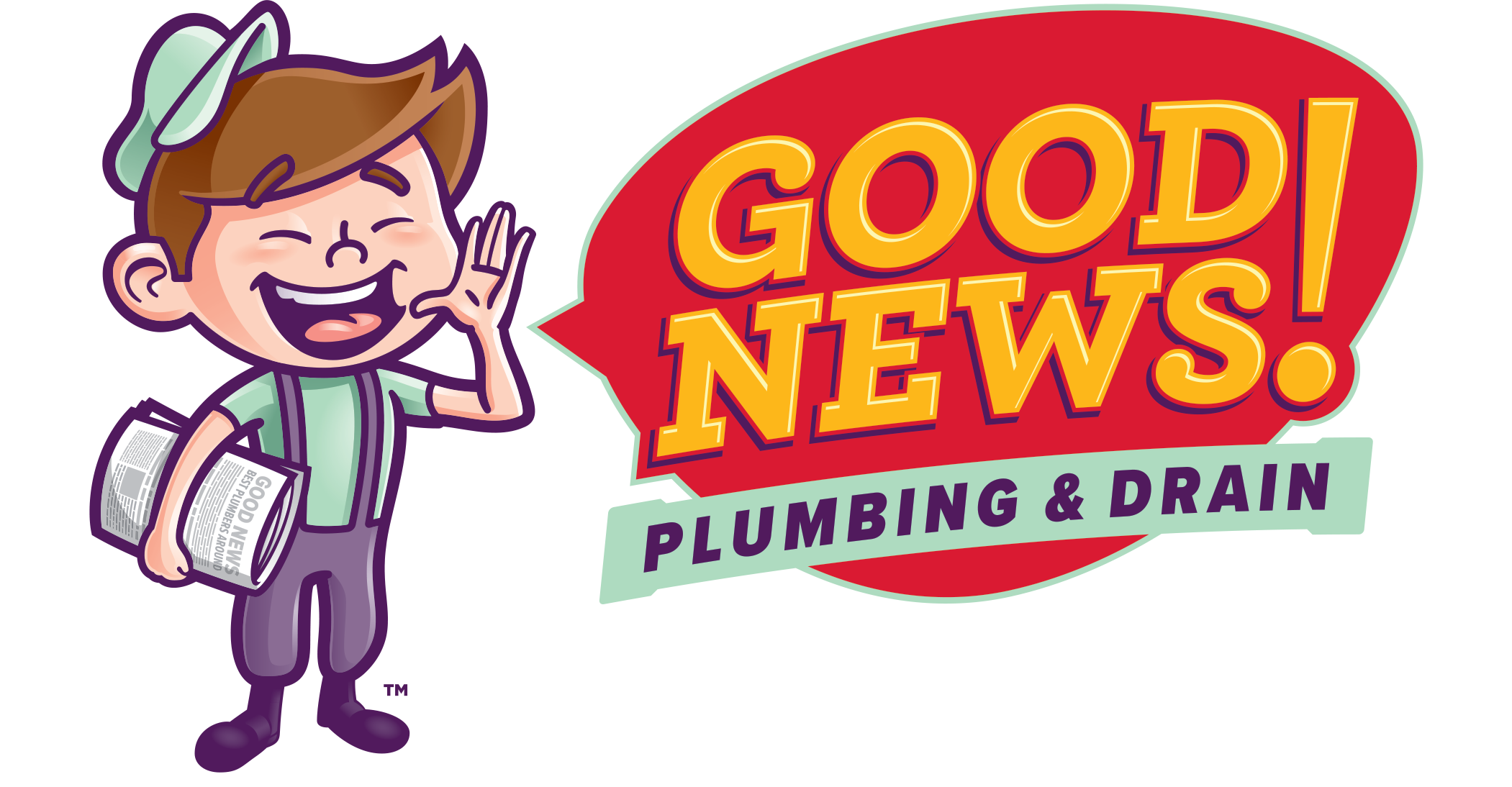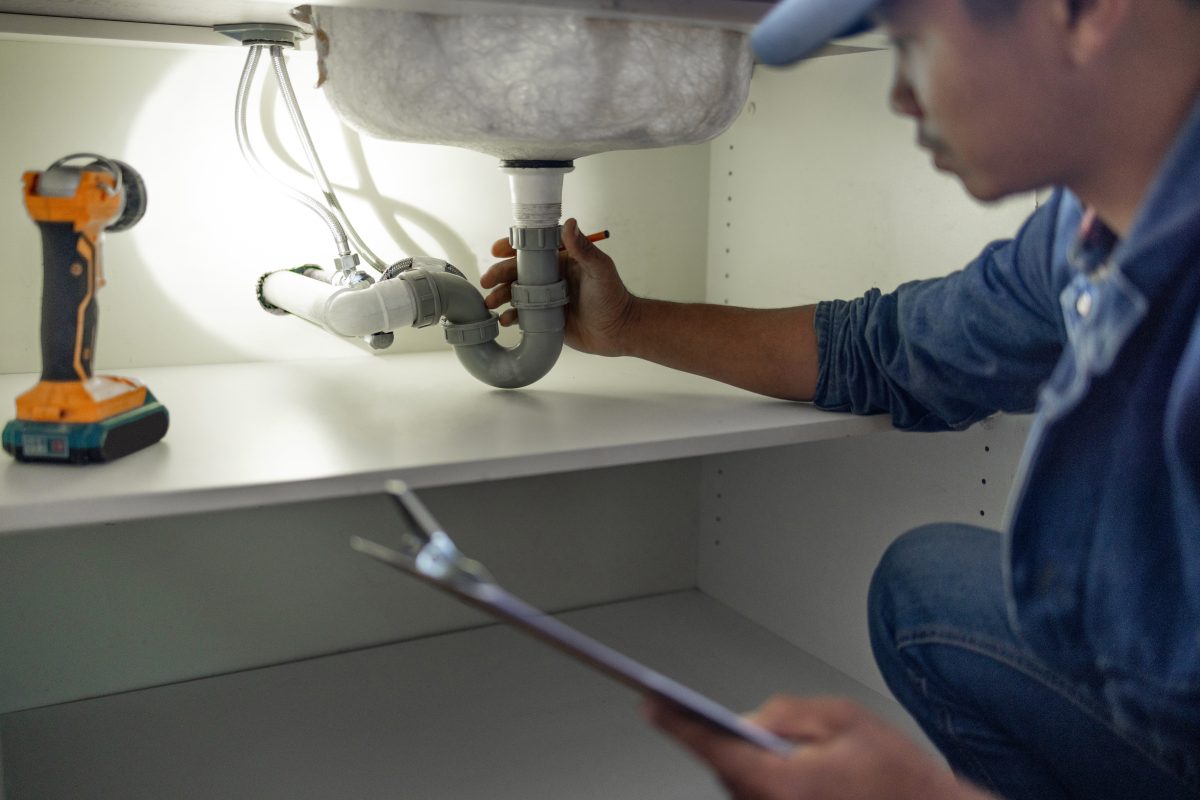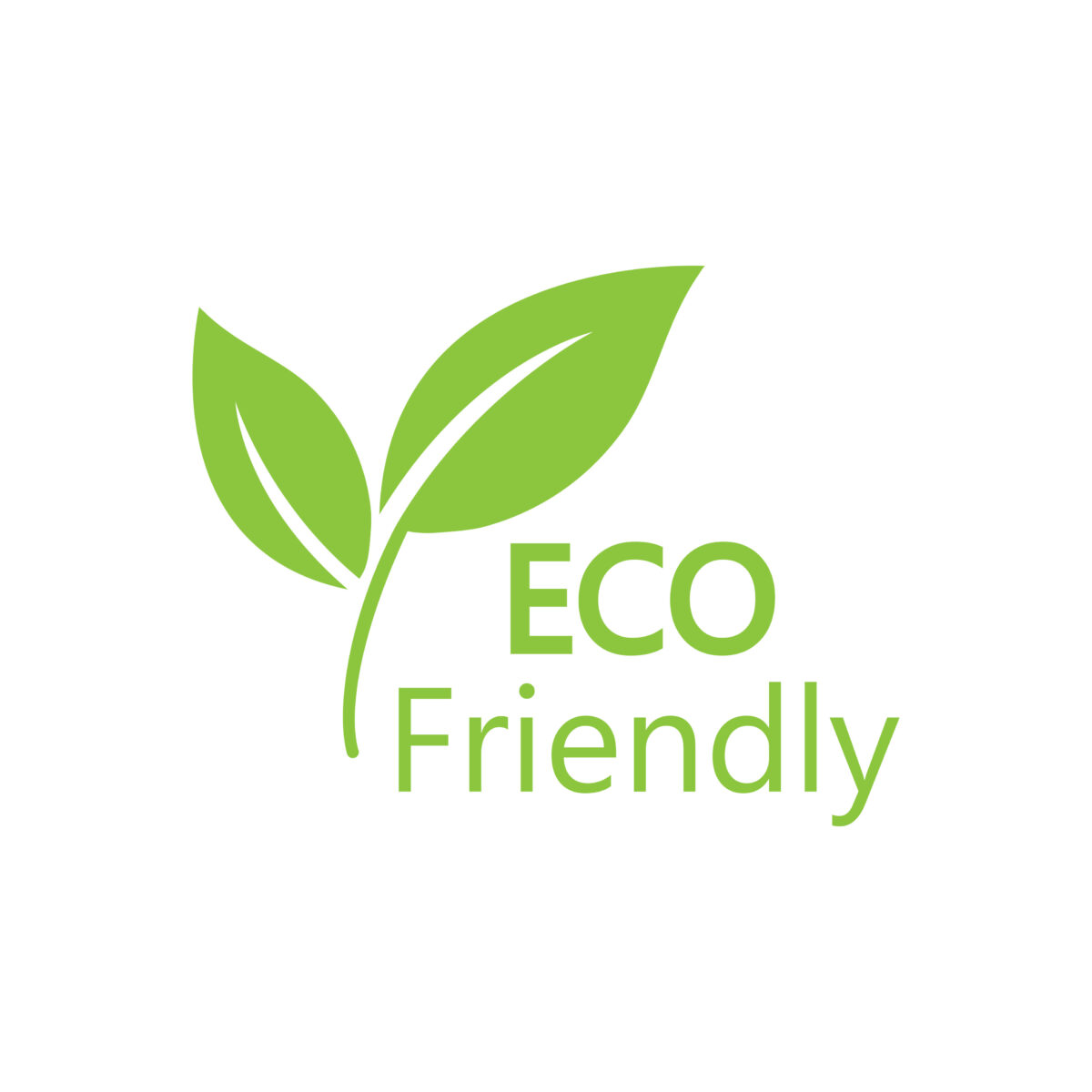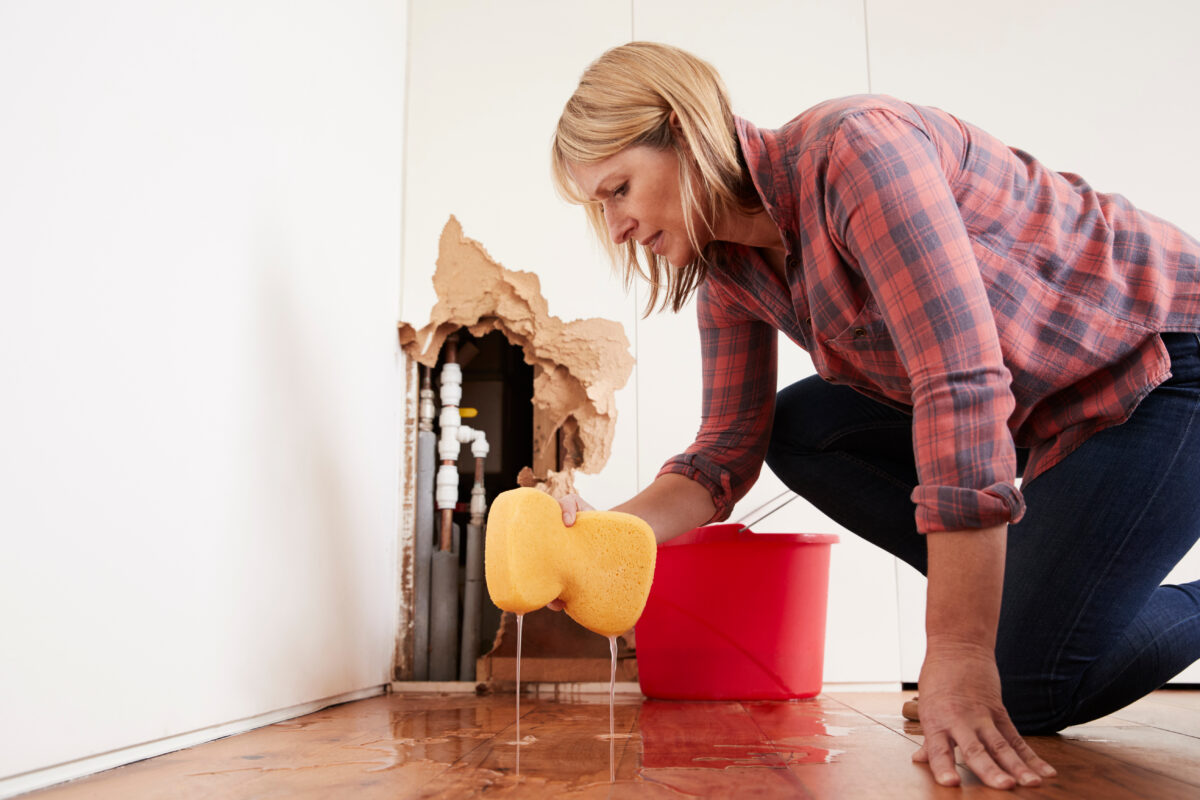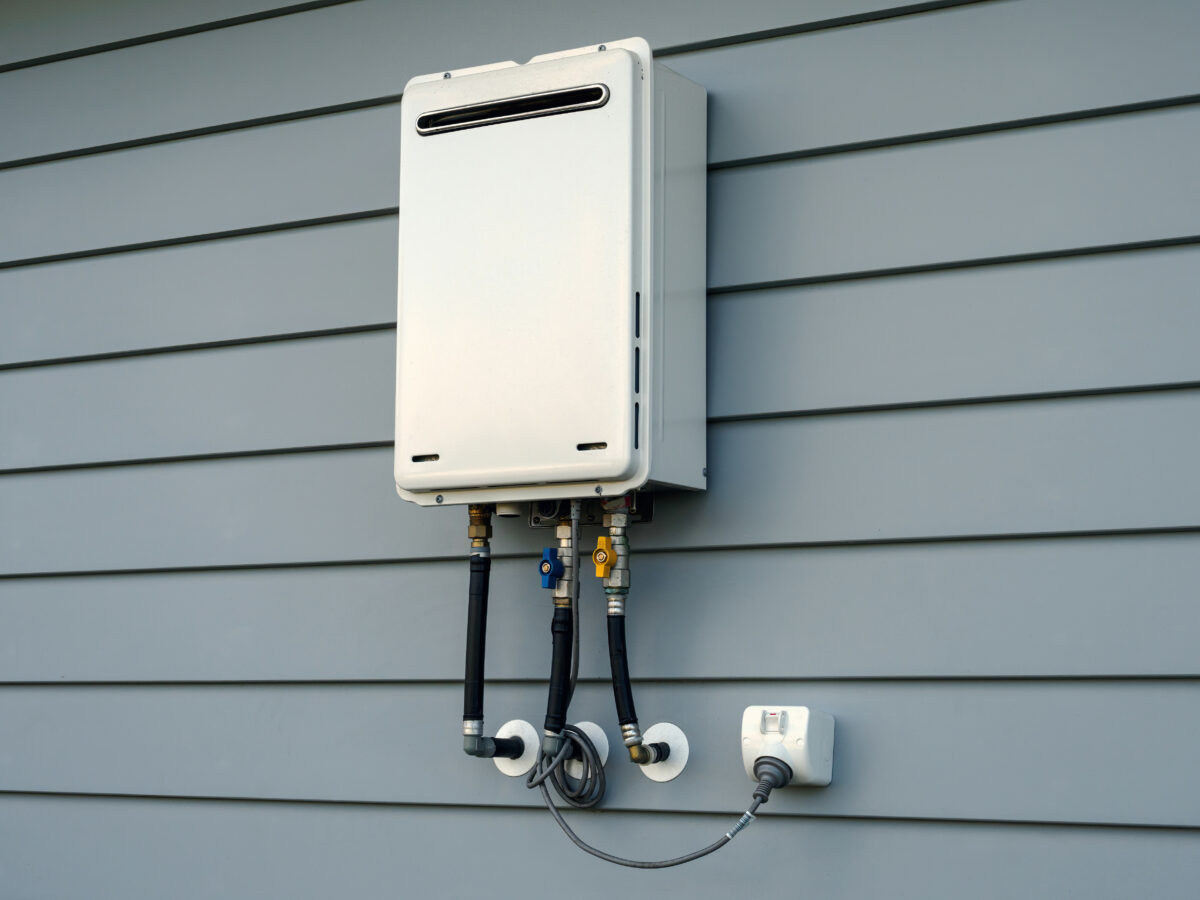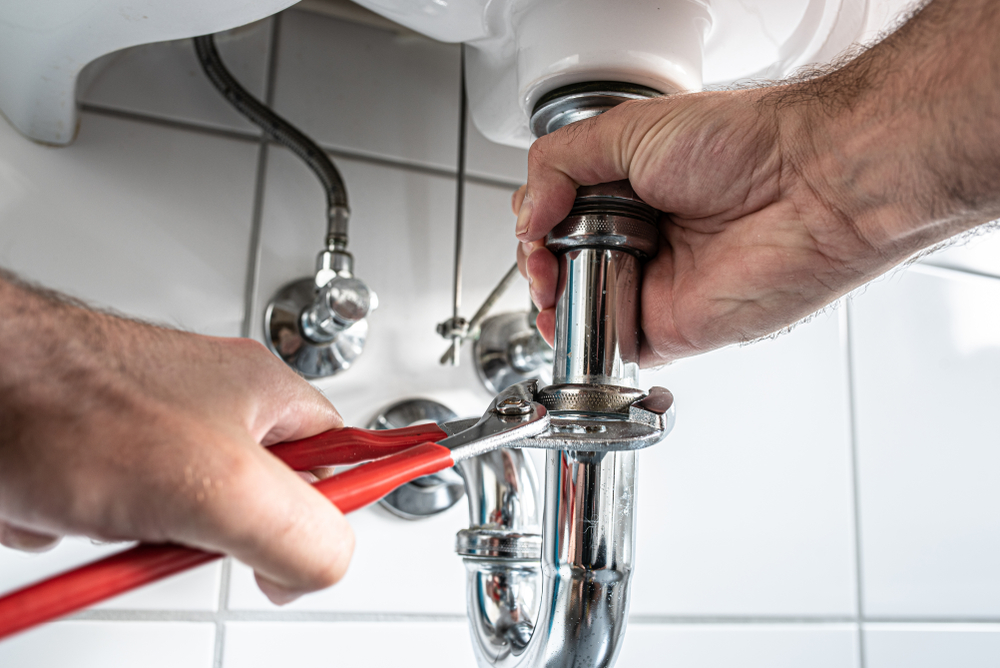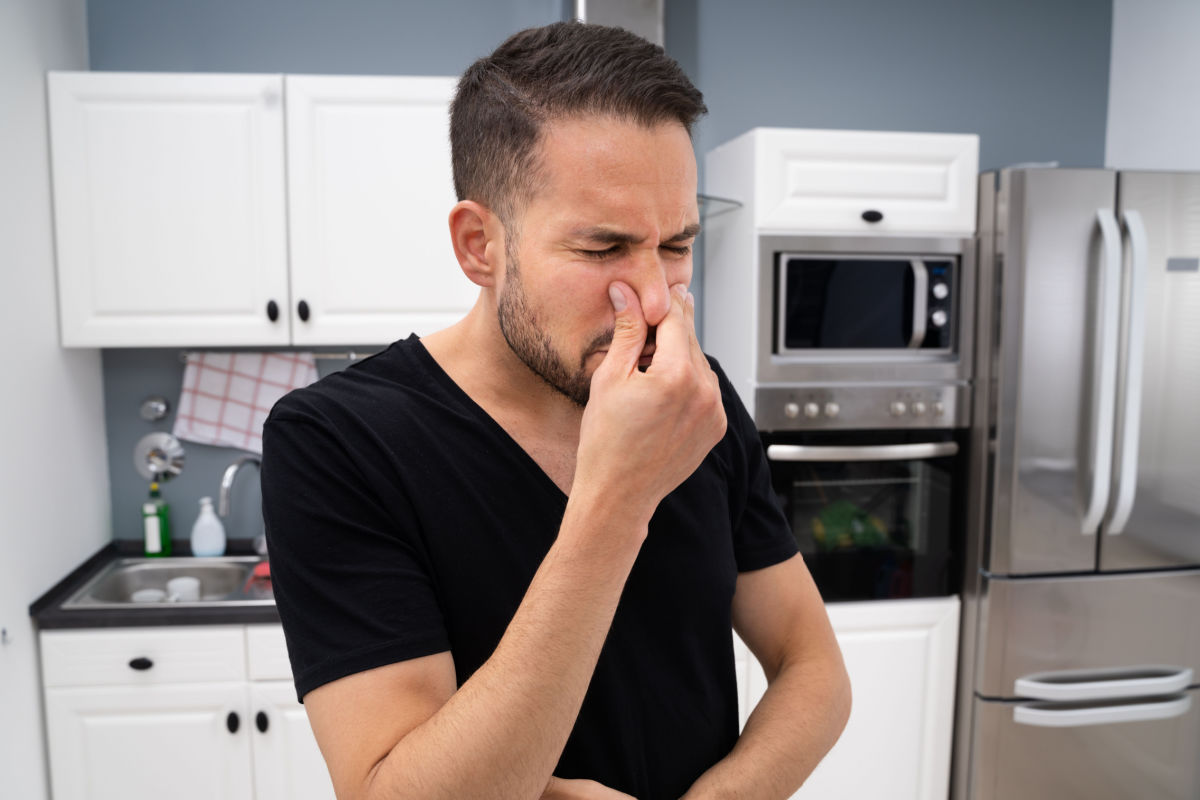“Why Regular Plumbing Inspections are Crucial for Homeowners”
khull
on
January 1, 2025
Why Regular Plumbing Inspections are Crucial for Homeowners in Glendora, CA & San Gabriel Valley, CA
When it comes to home maintenance, plumbing is often overlooked until there’s a major issue. However, regular plumbing inspections are crucial for homeowners in Glendora, CA, and the surrounding San Gabriel Valley, CA, area to ensure that their plumbing systems are functioning properly and avoid costly repairs down the road. Proactive plumbing inspections can identify potential issues early, saving homeowners from significant inconvenience and expense.
In this blog, we will discuss why regular plumbing inspections are so important, what they involve, and how they can benefit homeowners in the Glendora and San Gabriel Valley areas.
1. Prevent Costly Plumbing Emergencies
Plumbing emergencies, such as burst pipes, flooding, or sewage backups, can be devastating to a home. These issues often occur without warning, causing major disruptions to daily life. The best way to avoid such emergencies is to schedule regular plumbing inspections. A professional plumber can identify minor problems, like small leaks or corrosion, before they escalate into larger, more expensive issues.
For example, a small leak under the kitchen sink may seem insignificant, but if left untreated, it can lead to significant water damage, mold growth, and even structural damage. Regular plumbing inspections allow a professional plumber to catch these problems early and make repairs before they become emergencies.
2. Increase the Longevity of Your Plumbing System
Your home’s plumbing system is an intricate network of pipes, fixtures, and appliances that work together to provide clean water and remove waste. Over time, wear and tear can take a toll on the plumbing system, leading to issues such as leaks, clogs, or diminished water pressure. By scheduling regular plumbing inspections, you can catch potential issues before they result in a system failure, helping to extend the life of your plumbing.
For homeowners in Glendora, CA, and the San Gabriel Valley, where older homes are common, the plumbing system may be more susceptible to age-related wear and tear. An inspection can identify issues like pipe corrosion, worn-out seals, or outdated plumbing materials that may need to be replaced. Taking proactive steps to maintain your plumbing system can help you avoid the costly and disruptive process of complete system replacements.
3. Improve Water Efficiency and Reduce Utility Bills
Another major benefit of regular plumbing inspections is the potential for improved water efficiency. Older plumbing systems, especially those with outdated pipes or fixtures, can waste a significant amount of water. This not only harms the environment but also increases your water bills. During an inspection, your plumber can evaluate the efficiency of your plumbing system and make recommendations for improvements.
For example, if your home has older toilets or faucets that use excessive water, your plumber may suggest upgrading to water-efficient models. Additionally, an inspection can identify leaks in your system that may be wasting water and driving up your utility bills. Small leaks can sometimes go unnoticed, but they can add up over time, resulting in higher water usage and costs.
4. Ensure the Health and Safety of Your Home
Plumbing systems are responsible for the safe delivery of clean water to your home and the removal of waste. If your plumbing system is compromised, it can result in health and safety risks. Leaky pipes, for example, can create the perfect environment for mold and mildew to grow, which can negatively impact indoor air quality and cause respiratory issues. Sewage backups, on the other hand, can introduce harmful bacteria and pathogens into your home, creating serious health hazards.
Regular plumbing inspections can help prevent these issues by ensuring that your pipes are intact, your drainage system is functioning properly, and there are no blockages or leaks that could lead to contamination. A plumber can also check for signs of lead pipes, which are a health risk, especially in older homes. Taking care of these issues before they become serious threats is essential for maintaining a safe and healthy home environment.
5. Increase the Value of Your Home
Whether you’re planning to sell your home or simply want to maintain its value, regular plumbing inspections can help. A well-maintained plumbing system is an attractive feature for potential homebuyers, as it reduces the likelihood of unexpected plumbing issues and repairs. Buyers are more likely to trust that the home is in good condition if they know that the plumbing system has been regularly inspected and maintained.
Additionally, having a plumbing inspection report on hand can serve as a selling point when you’re ready to sell your Glendora or San Gabriel Valley home. Buyers are often willing to pay a premium for homes that have been well-maintained, and knowing that the plumbing is in top shape can make your home stand out in a competitive real estate market.
6. Stay Compliant with Local Codes and Regulations
In areas like Glendora, CA, and the San Gabriel Valley, plumbing systems must comply with local building codes and regulations. These codes are designed to ensure that plumbing systems are safe, efficient, and environmentally friendly. A plumbing inspection will ensure that your system meets these codes and help you avoid fines or issues when selling your home.
For example, some local codes may require certain types of backflow prevention devices to protect drinking water from contamination. During an inspection, your plumber will check for compliance with local regulations and make any necessary updates or repairs to keep your system up to code.
7. Peace of Mind for Homeowners
Finally, one of the biggest benefits of regular plumbing inspections is peace of mind. As a homeowner, it can be difficult to know when there’s an issue with your plumbing system, especially if the problem is hidden behind walls or under the foundation. Regular plumbing inspections take the guesswork out of home maintenance by providing you with an expert’s evaluation of your system.
Knowing that your plumbing system has been thoroughly checked and that any potential issues have been addressed gives you confidence that your home is in good condition. You can rest easy knowing that you’ve taken the necessary steps to avoid major plumbing problems in the future.
Conclusion
Regular plumbing inspections are crucial for homeowners in Glendora, CA, and the San Gabriel Valley, CA, for many reasons. They help prevent costly plumbing emergencies, increase the longevity of your system, improve water efficiency, ensure the health and safety of your home, increase your home’s value, and keep you compliant with local codes and regulations. By scheduling routine plumbing inspections, you can protect your home, save money, and enjoy peace of mind.
If you’re due for a plumbing inspection or need a professional plumber in the Glendora or San Gabriel Valley area, contact Good News Plumbers today. Our team of experienced plumbers is here to provide top-notch plumbing services, including inspections, repairs, and installations, to keep your home’s plumbing system running smoothly.
